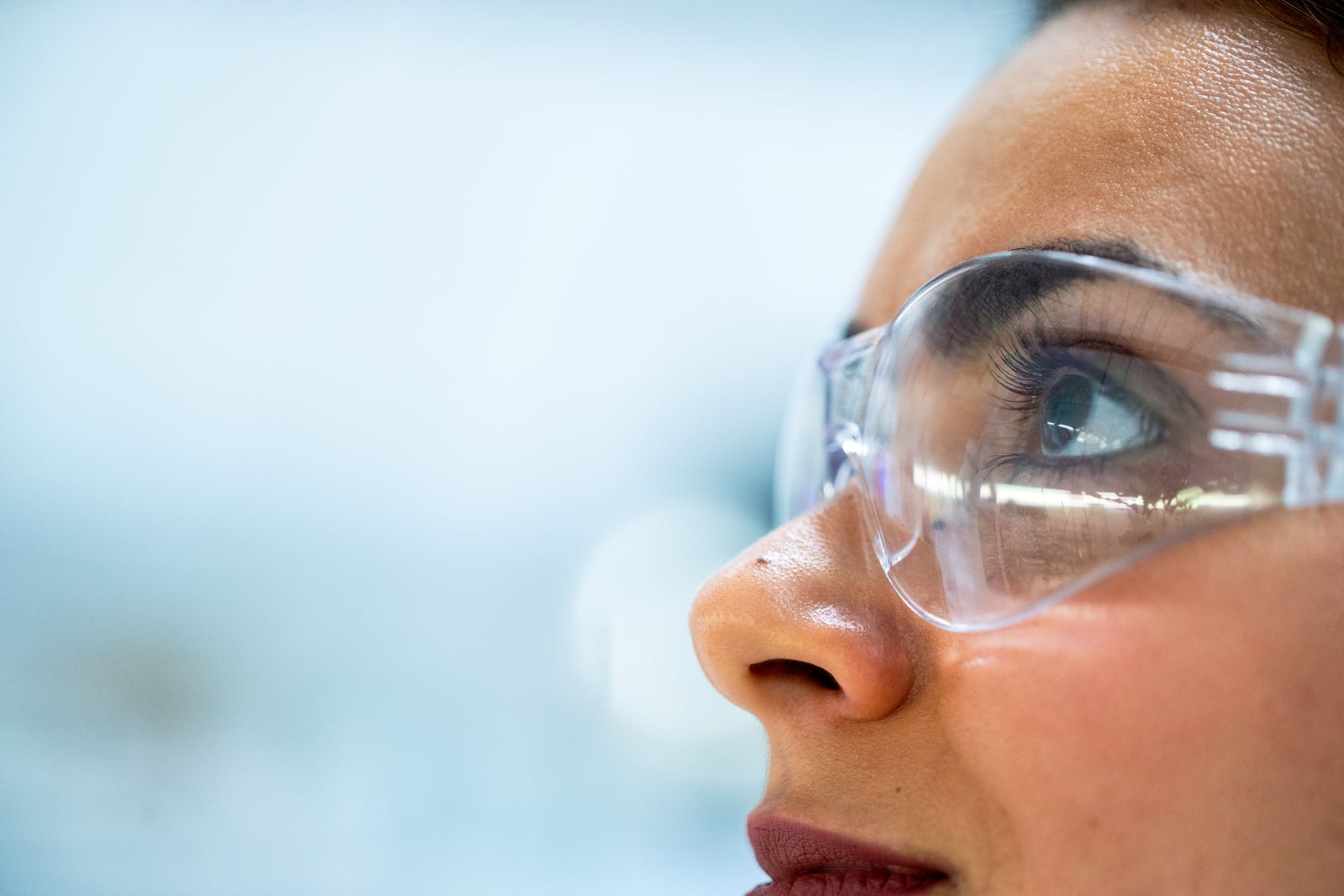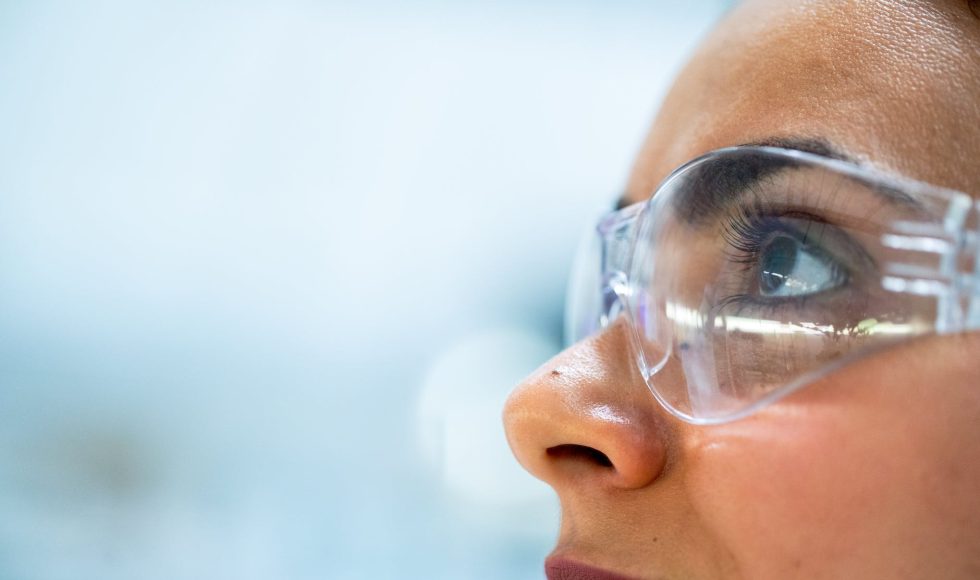Dr. Katie Hinde from Arizona State University presented as part of the SABER Diversity & Inclusion Speaker Series 2021 on Gendered Experiences. The presentation was entitled “Land of milk and “honey”: Confronting gendered experiences in field research” and focused on gendered issues in field research.
Hinde started by providing a scenario and polling the audience. Then introduced gender and sex: though often used interchangeably, they are different. Hinde used Sam Killermann’s “The Genderbread Person” (www.genderbread.org) that I didn’t know about. The illustration of a Gingerbread person showed anatomical sex and sex assigned at birth and then gender identity (woman-ness and man-ness). Then, attraction is who we are attracted to. Hinde mentioned the Project BioDiversity (projectbiodiversify.org).
Gendered experiences were defined by Hinde as “an umbrella term for lived experiences, encounters, and obstacles (or lack of) that are different or disparate as a function of one’s gender due to interpersonal or institutional biases, either implicit or explicit (bigotry, sexism, misogyny).” The stereotyping of women professors and instructors Hinde presented was shocking. I had not thought about some of the widespread negative experiences that truly place women at a disadvantage. Hinde described sexual harassment/assault and survey data from studies. Sexual harassment studies presented showed similar patterns with in some cases, “77% of respondents experiencing at least one sexual harassment incident ranging from sexual insult to asexual assault” (Roosmalen & McDaniel 1999 was cited). A more recent meta-analysis of workplace sexual harassment showed the profound effects on the wellbeing of these experiences. I feel it is critical to highlight that these are gendered experiences and, Hinde pointed out, affect disproportionally minorities. Hinde then discussed the SAFE Study that I didn’t know about. I liked how Hinde talked about the study team and their background.
The sampling approach was an online survey posted across a variety of platforms. Most respondents (516/666) were women. It was interesting to see the survey results. Fewer than half of respondents working at field sites recalled encountering a code of conduct at any of the field sites! The publication is entitled Survey of Academic Field Experiences (SAFE): Trainees Report Harassment and Assault, published in 2014 in PLoS ONE. Hinde went on to discuss findings from other studies, including how harassment experiences seem to be predominantly directed towards women appearing to be single and that this suggests that the behavior can be modulated (turned on and off) by the perpetrator. I found this to be very telling! The last part of the session was about disrupting biases. Hinde mentioned that we can change biased behavior by “on boarding” people to “understand, interrogate, reflect, & disrupt their own biases,” and another approach is based on rewarding unbiased behavior and punishing biased behavior. Hinde pointed out that the on boarding approach is intrinsic while the reward-based approach is extrinsic. Hinde explained how there are cognitive biases (status quo, social learning, attribution), individual tendencies & context (personality, lived experience, and identity), and enculturated biases (norms, mores, values, rules, ethical perspectives, cultural relativism). Fortunately, Hinde said, we don’t have to go at this alone: organizational training in the form of leadership, empathy, trauma-informed approaches, mentoring. Field site, lab, and classroom codes of conduct are, according to Hinde (and I agree!), a “reasonable mandated minimum” as well as principles of community and clearly stated reporting mechanisms. On the individual level, Hinde urged us to update ourselves continuously by educating and checking our biases.
Hinde recommended that we should “build in an iterative TEAM exercise that collectively develops the shared principles of community for that season/year,” followed by a small group discussion of what’s missing and who’s missing. Then, combine and refine. Finally, individual reflection and commitment are critical. This process made me think, and we can try this as part of our REU program. As I work on the summer schedule, I am setting aside time for a group discussion about a code of conduct and community expectations and including reflection and updates. After the recording ended, they continued talking and mentioned gendered citation differences. While there is a lot of work and unlearning to do, thanks to Hinde and others, we are all learning!



